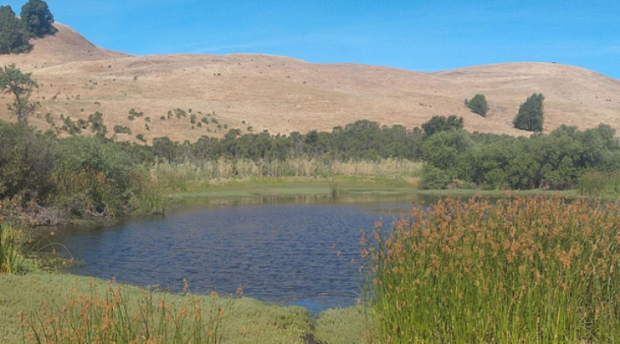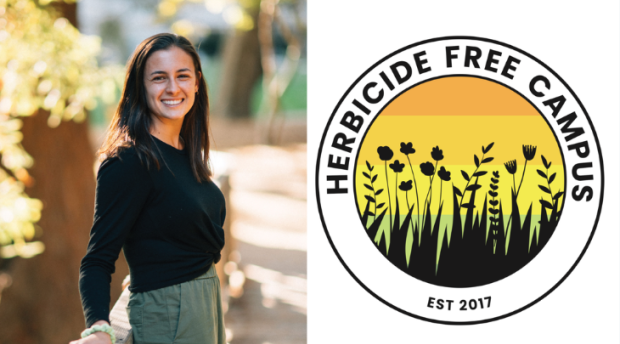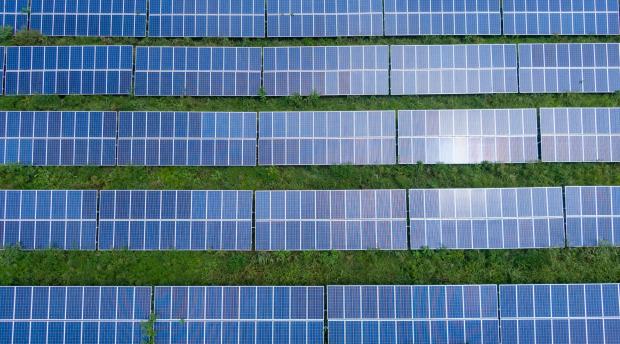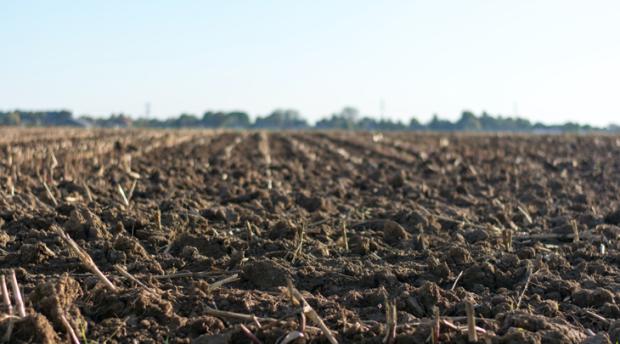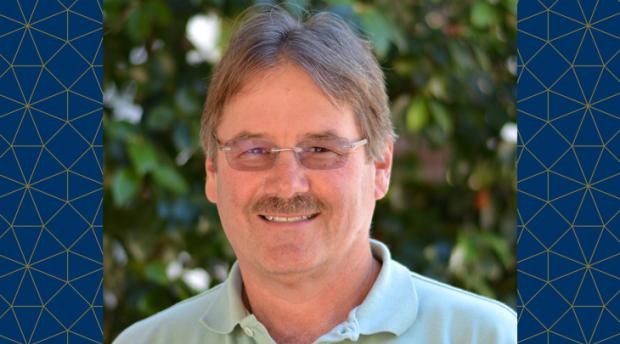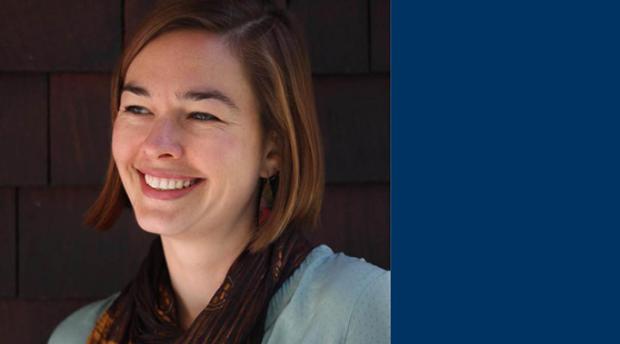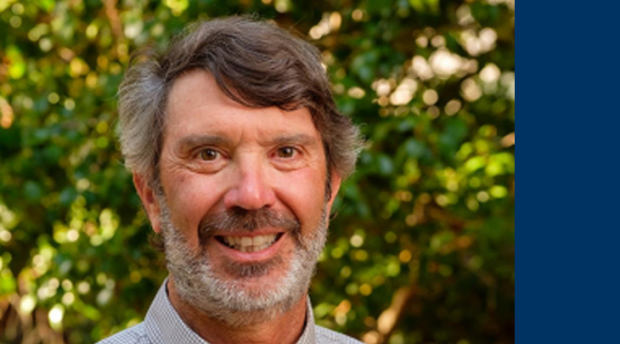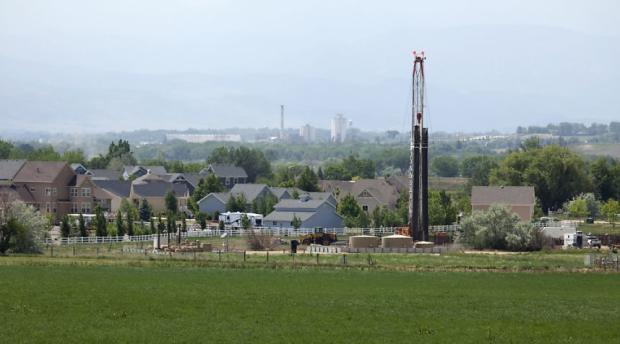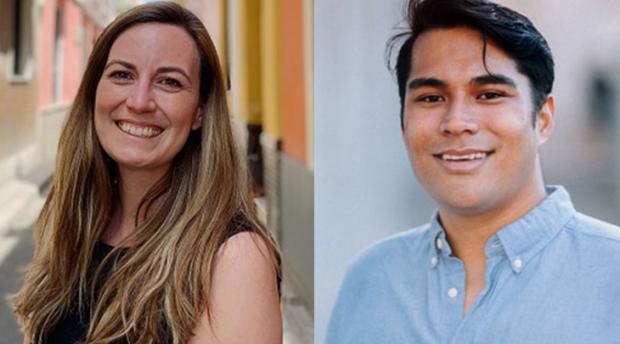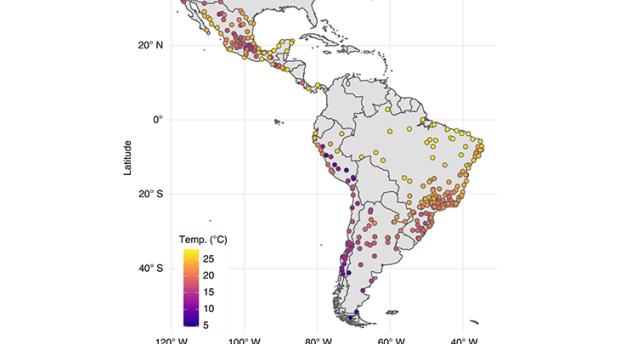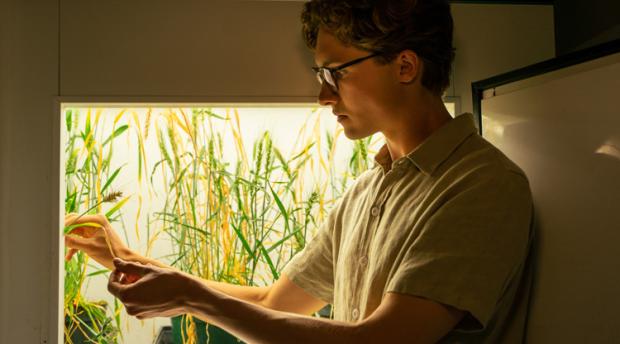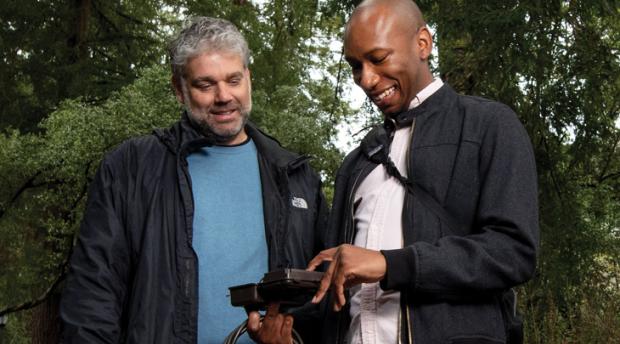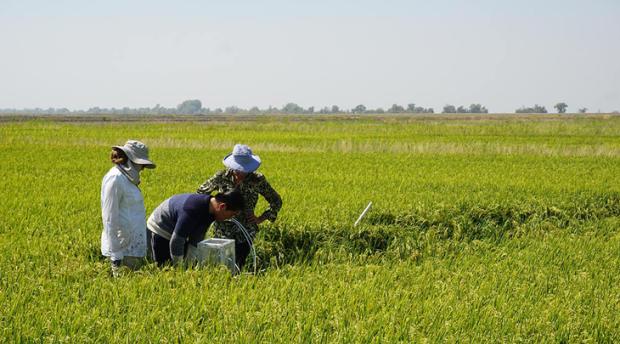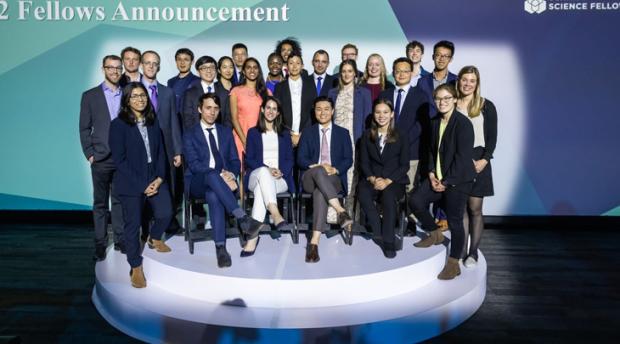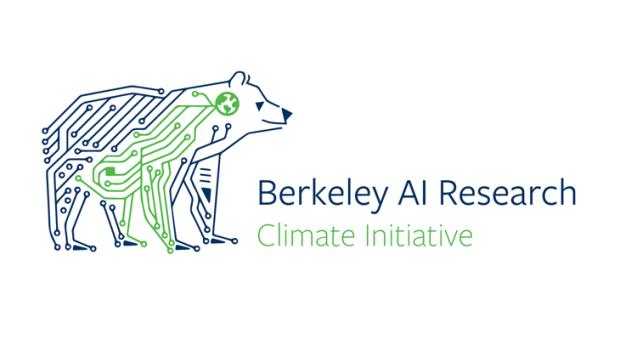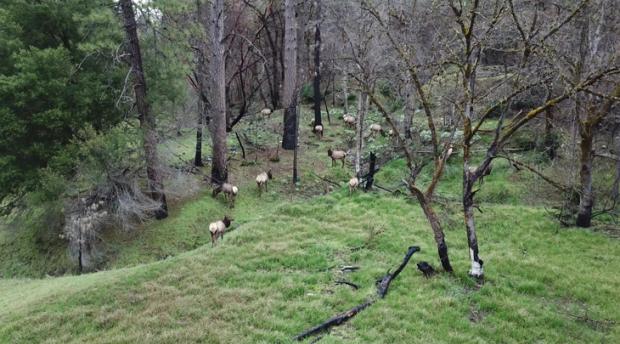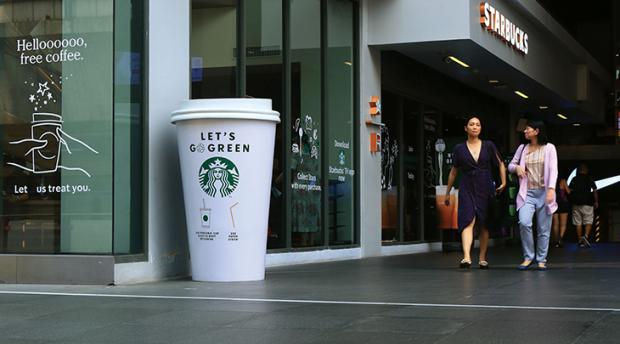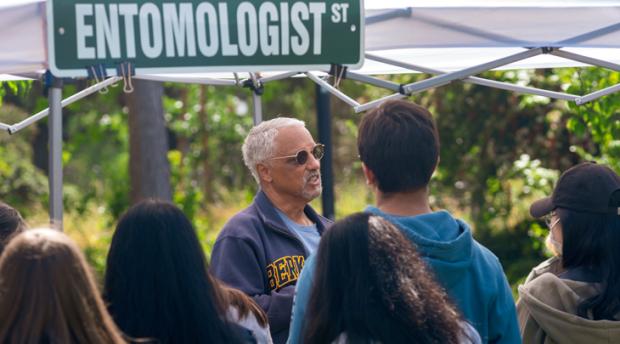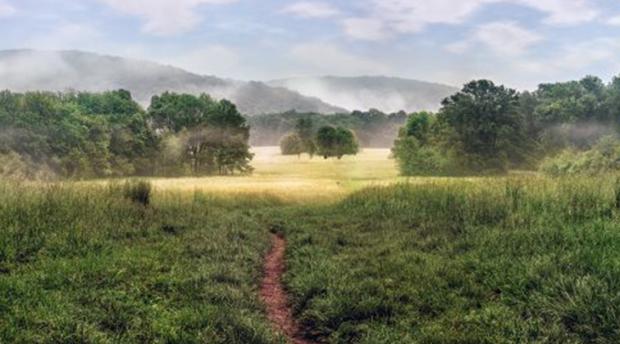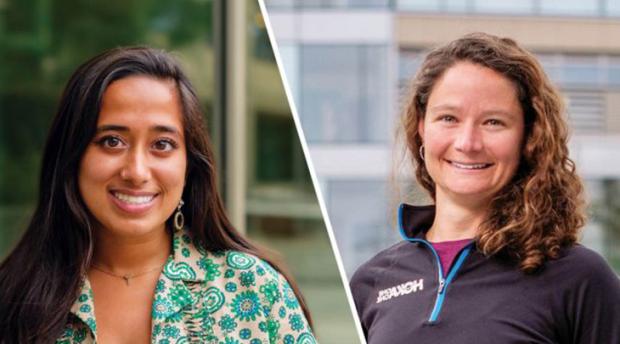A first-of-its-kind analysis by ESPM Professor Iryna Dronova found that plant diversity plays a key role in improving seasonal biomass stability.
How ESPM alum Mackenzie Feldman is advocating for a toxin-free world
The Berkeley Food Institute speaks to Feldman about her work on pesticide reform and interest in food systems.
Debunking the myths that discourage public funding of clean energy
New commentary led by ESPM Professor Jonas Meckling urges governments to spur decarbonization by moving beyond the myths surrounding public investment in clean energy that discourage the use of public funds.
How healthy soil can improve crop resilience
New recommendations from postdoc Joanna Ory, and professors Timothy Bowles and Alastair Iles suggest better soil management may be the key to climate resilience and drought tolerance in crops.
Professor Scott Stephens appointed to federal wildfire commission
Stephens, a professor of fire science and ecology and co-director of Berkeley Forests, will advise federal efforts to better prevent, mitigate, suppress, and manage wildland fires.
How Agricultural Power Structures Inform Rural Responses to Climate Change
ESPM PhD candidate Margiana Petersen-Rockney speaks with the Daily Yonder about how climate change messaging–or the lack thereof–by farm service providers affects rural communities.
Professor Dennis Baldocchi awarded international water prize
The Prince Sultan Bin Abdulaziz International Prize for Water recognizes cutting-edge innovation in water research.
Multi-layered strategies needed to protect public health from oil and gas drilling impacts
Rachel Morello-Frosch is senior author on a commentary out today in Environmental Research Letters on developing policies to mitigate the impact of gas and oil production.
ESPM, ERG graduate students named 2022 Switzer Fellows
ESPM’s Leslie “Leke” Hutchins and ERG’s Chelsi Sparti receive support for their work to drive positive environmental change.
Extreme temperatures linked to increased mortality in Latin America
ESPM Professor Iryna Dronova co-authored the multidisciplinary study published in Nature Medicine.
Can CRISPR help us deal with climate change?
Rausser College researchers lead research on how CRISPR can help plants thrive in a changing climate and sequester carbon in the soil to draw down greenhouse gases and reduce methane emission.
How Kendall Calhoun’s “love” for California led him to Berkeley
Learn more about the PhD student's research into the response and potential recovery of mammals, birds, and other species after extreme climate events.
Jill Banfield to co-lead new carbon storage efforts at Innovative Genomics Institute
An $11 million commitment by the Chan Zuckerberg Initiative will support the work by Banfield, PMB faculty, and IGI researchers.
ESPM postdoc Christine Wilkinson named 2022 Schmidt Science Fellow
The postdoctoral award will support Wilkinson as she explores machine learning and computer science.
New UC Berkeley initiative uses AI Research to solve climate problems
ESPM Professor Manuela Girotto is part of a new UC Berkeley research initiative that connects experts from AI and climate-related fields.
Enhancing elk habitat through Karuk Traditional Ecological Knowledge
The study demonstrates the importance of integrating TEK into land management practices.
Course highlight: Sustainable Industries
Taught by Professor Dara O'Rourke, ESPM 136 students prepares students to be leaders in the field of corporate responsibility.
How Vernard Lewis inspired a 4-year-old to pursue a PhD
Rebecca Varney, who is now a postdoctoral fellow at UC Santa Barbara, credits a tour of the Essig Museum that Lewis gave her in 1994 with spurring her interest in ocean-dwelling invertebrates.
Persistence and the Path Home
A poem by graduate student McKalee Steen was featured in the spring issue of Breakthroughs magazine.
Q&A: Scholars and Leaders
Society and environment major Varsha Madapoosi and graduate student Lucy Andrews were featured in the spring issue of Breakthroughs magazine for their student leadership roles on campus.


